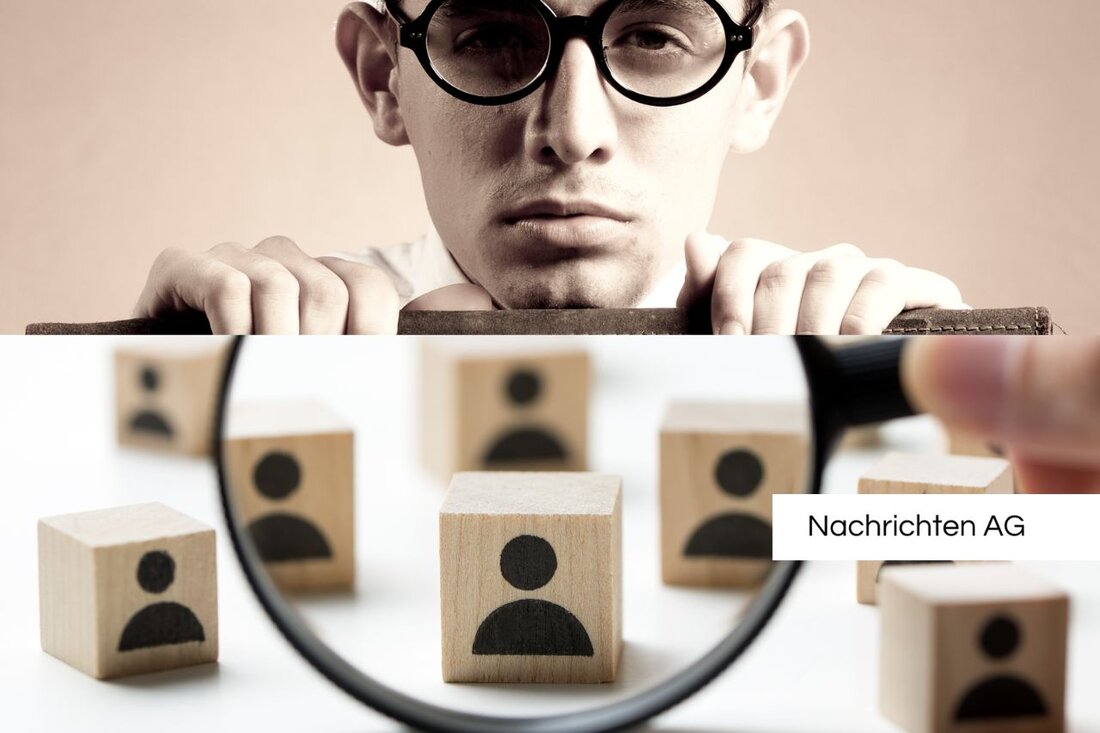80 years of peace: Konstanz remembers life after 1945
The event series “Life Paths after 1945” starts in Konstanz on May 8, 2025 to keep historical memories alive.

80 years of peace: Konstanz remembers life after 1945
May 8, 2025 marks the 80th anniversary of the end of the Second World War. Against this historical background, a series of events entitled “Life Paths after 1945 – Generations in Dialogue” will take place in downtown Konstanz. This series, planned from May 8th to 31st, 2025, focuses on the living memory of significant historical events and promotes exchange between cultural workers, students and different generations. The organizer is Anne-Berenike Rothstein, professor of Romance literatures at the University of Konstanz. The entire series is supported by the university's forum.konstanz, in cooperation with the HTWG Konstanz, the Volkshochschule Landkreis Konstanz e.V. and the cultural office of the city of Konstanz.
The opening event, a scenic-musical reading with the title “When something goes through something - life paths after 1945”, will take place on May 8, 2025 at 6:30 p.m. in the Astoria Hall of the Konstanz Cultural Center. Here the ensemble “Lautwärts” will present voices from different times, accompanied by music by the composer Andreas Geyer. Evelyn Torton Beck, a Holocaust survivor, will take part in this launch event. The following day, May 9, 2025, she invites you to the German premiere of her documentary “Never in my wildest dreams” at the HTWG at 6:30 p.m.
Remembering the Holocaust
Evelyn Torton Beck is not only a Holocaust survivor, but also an activist. Because of her Jewish origins, she was expelled from Austria as a child and later became involved in feminism in the USA. Their haunting experiences and their commitment contribute significantly to maintaining the memory of the atrocities of National Socialism. The importance of such memories is also emphasized by the second generation after survivors, as in the words of Katarzyna Warman, the daughter of a Holocaust survivor. She emphasizes that she wants to keep the memories of the six million murdered Jews alive.
The Holocaust is seen as a central issue in German society and the memory of it remains of great importance. Christoph Heubner, Executive Vice President of the International Auschwitz Committee, speaks about Holocaust Remembrance Day on January 27th, which has been recognized in Germany as an official day of remembrance for the victims since 1996. The terrible crimes committed in the former Auschwitz extermination camp also remain a warning reminder.
Diversity of forms of memory
As part of the series of events, various formats are used to illustrate the memory of the past and promote dialogue between generations. This also includes a digital city tour on the history of Jewish expellees as well as readings with authors. Two important exhibitions will also be offered: "MEMORIAL SPACES - An auditory tour through the memory of a refugee" from May 8th to 14th, 2025 and "Survival Telling. Sant'Anna di Stazzema 1944/2024" from May 14th to 31st, 2025. All events are aimed at the public and are accessible free of charge.
In our society today, dialogue about the Holocaust and anti-Semitism is not only considered important, but is also faced with challenges. German society is becoming increasingly heterogeneous and diverse. Questions about the integrity and openness of these conversations are becoming increasingly pressing. An inclusive discussion about Auschwitz and anti-Semitism could help expand understanding of human dignity in a diverse society. Historians and academics are called upon to help promote such conversations.
The comprehensive program of the event series will be published online and offers insights into the various aspects of remembrance and dialogue. In times when the last survivors and witnesses are no longer with us, it is even more important that future generations are actively involved in the culture of remembrance.

 Suche
Suche
 Mein Konto
Mein Konto